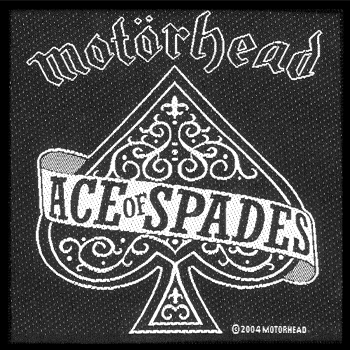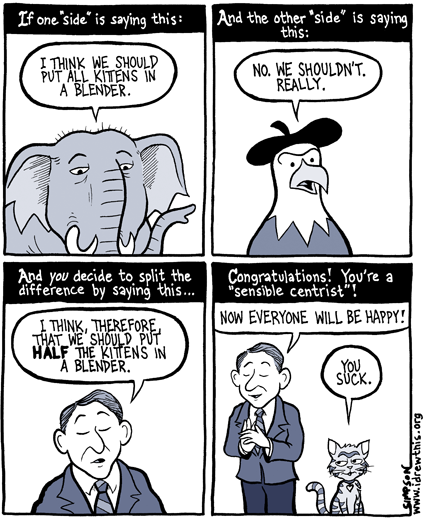Poneke has another post up about Sensing Murder. Just for the record, I agree with the core argument of the post, and its somewhat famous predecessor. It should come as no shock to most of you that I also agree that the worst bit is that some journalists and current affairs directors treat them as newsworthy — but that’s the newsmakers’ failure, not the psychics’.
But here’s a comment from Falafulu Fisi I think could use a little unpacking:
People earn money for a living by being honest and hard work.
Business men are successful by being brilliant in running their businesses.
Paranormal practitioners (psychics etc,…) earn money via people’s stupidities and gullibility’s. They can become rich of course. Put them into the real world to try and earn an honest living they would be the laziest and incompetent wherever they are.
And in response, this from Klytemnestra:
I would have to disagree somewhat with Falafu Fisi. Excluding those cranks who actually believe they can talk to the dead, these ‘psychics’ are really quite successful business people. Getting rich by exploiting niche markets with false services no one really needs; this is a feat worthy of a degree of respect, even if they are repugnant in every other way.
Contra both of them, I’d argue that their “honest living” isn’t as psychics, or necessarily as providers of false services; it’s as entertainers. After all, those who actually use those “services” are a tiny fraction of those who consume the televised or stage-managed product which results. I also don’t accept Poneke’s suggestion that these consumers necessarily believe they have psychic powers — after all, it doesn’t follow that people who watch vampire movies actually believe in vampires. But even if they did, it ultimately doesn’t matter: taking advantage of peoples’ credulity isn’t wrong in and of itself, and for doing it these folk don’t deserve any more — and in general considerably less — criticism than financial advisers, real estate agents and talk radio hosts. They give a great many people who want such things something to watch of an evening, and something to believe in and make them feel all warm and fuzzy inside. In this regard it’s little different from — say — soap operas or romantic comedies. There’s a fair argument that it’s ghoulish, and perhaps hurtful to the real people involved, but in this regard it’s little different from — say — the cheesier end of TV current affairs or other reality programming.
Even if you don’t personally see any value in it, that’s an honest living, wouldn’t you agree?
L







